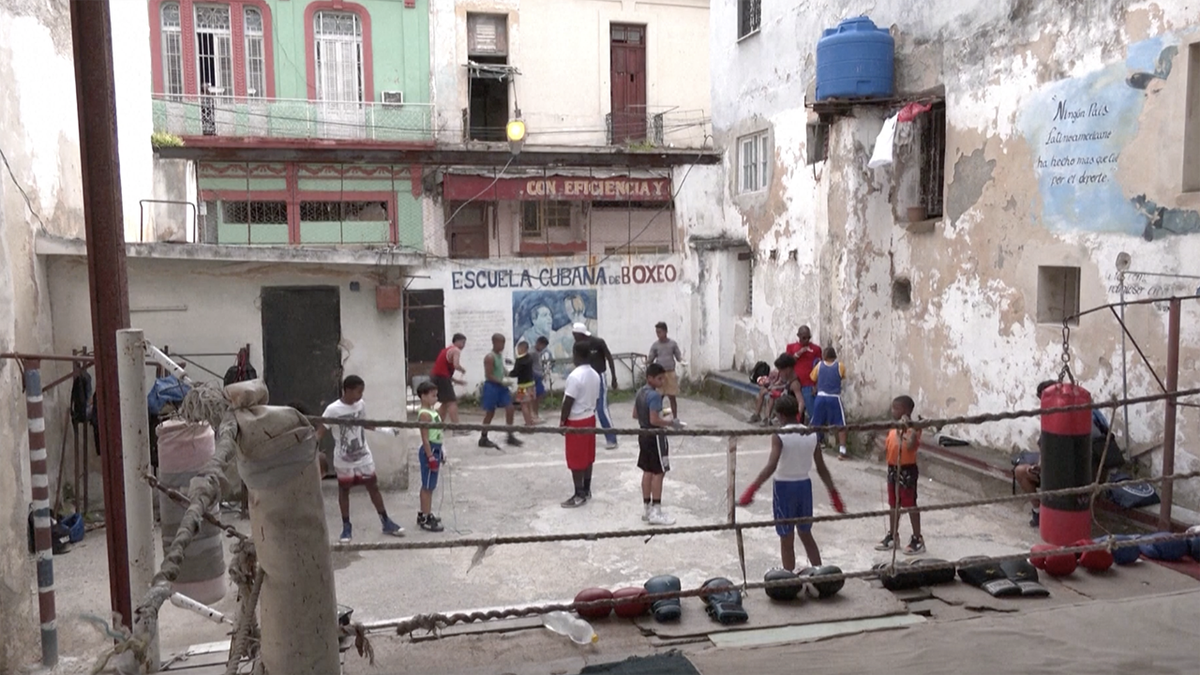Fox News Flash top headlines for February 21
Fox News Flash top headlines are here. Check out what's clicking on Foxnews.com.
This small town on the outskirts of Havana has been quietly producing the best Olympic boxers in the world for decades.
Since 1972, spurred by former leader Fidel Castro's passion and investment in sport, Cuban fighters have taken 41 Olympic gold medals, 19 silver and 18 bronze - an awe-inspiring haul unmatched by any other country other than the much larger and wealthier United States.
For decades, Cubans have faced shortages of food, medicine and fuel - essentials for any decent training program. Yet despite the shortfalls - in some ways worse today than almost any other time since Castro`s revolution took hold in 1959 - Cuba's boxers keep winning.
Two-time Olympic champion Julio La Cruz, 34, sweating profusely following a training session, smiles coyly when asked Cuba`s secret to success.

A small town in Cuba is known for producing Olympic-level boxers although the living conditions are far from professional. (REUTERS)
Reuters obtained unusual access to El Wajay facility, which consists of single-story buildings housing multiple training rings, a trophy museum, basketball courts, simple concrete block dorms, and even a small banana plant patch to help feed the in-residence athletes.
CLICK HERE TO GET THE FOX NEWS APP
But La Finca, as the National Boxing School is known, is more notable for what it lacks: there is little sophisticated equipment, no cutting-edge computer monitoring, no hydromassage to finish the day as may be typical in high-end competition and training venues in Europe of the United States.
In addition to spending hours in the gym, the boxers complete their preparation with improvised conditioning: hitting truck tires, homemade sandbags, and ropes used to pull trucks out of ditches.










































